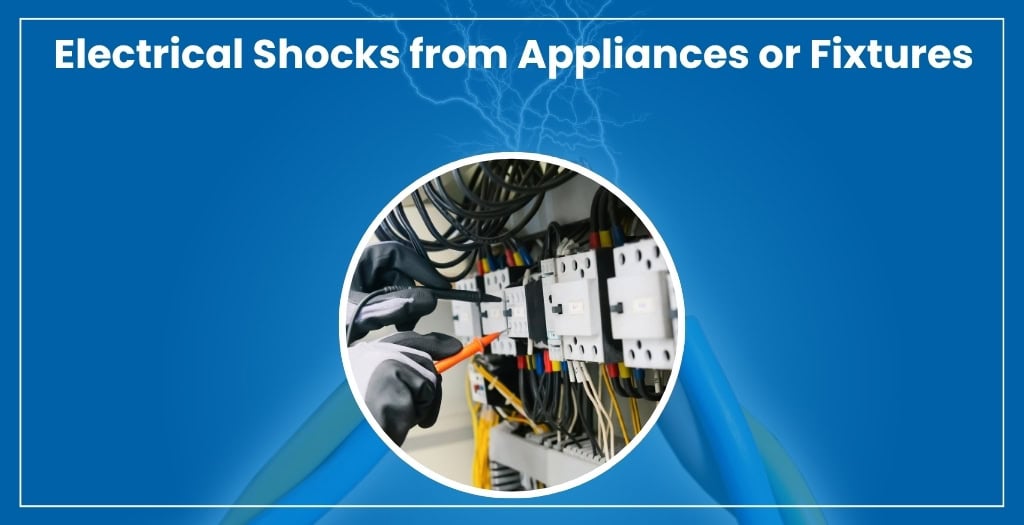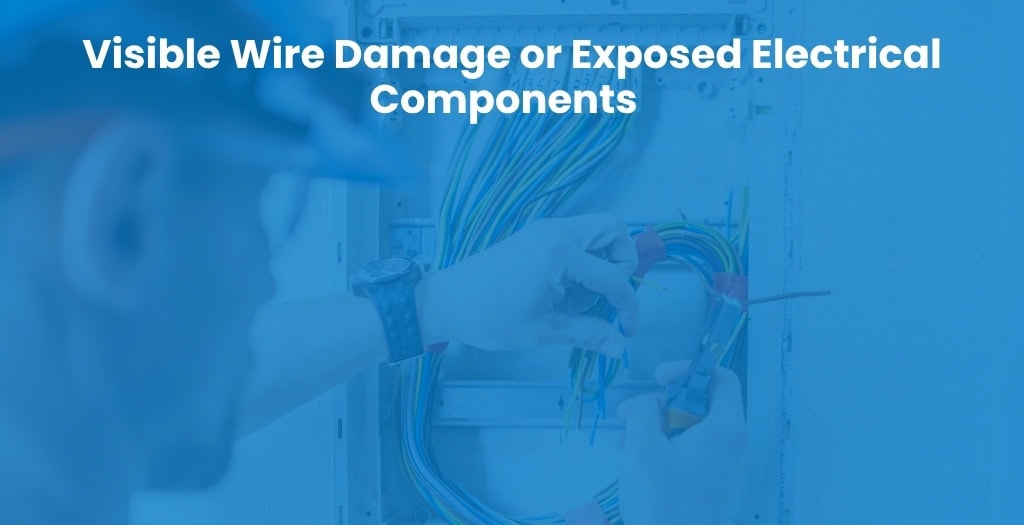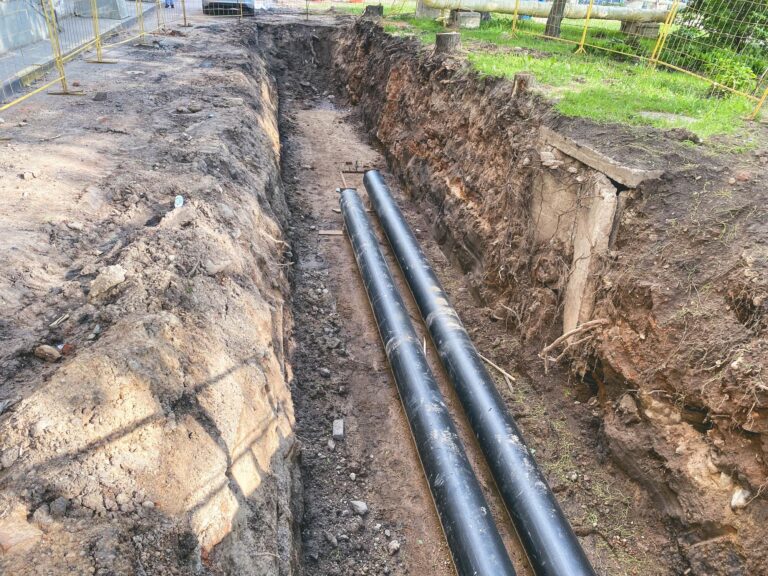Top Signs You Need an Emergency Electric Repair Service Immediately
Introduction
Electrical emergencies don’t announce themselves; they strike without warning. If you’re a Dallas–Fort Worth homeowner, knowing when to call for emergency electrical service can protect your family and your property.
Small symptoms often precede big trouble. In the next few minutes, you’ll learn the red flags that demand immediate action, what to do in the moment, and why fast, local help matters.
The Hidden Danger: Why Electrical Problems Escalate So Quickly
Behind your walls, electricity is unforgiving. Heat from a loose connection can up, melting insulation and igniting surrounding materials in minutes. What starts as a mild flicker or a slightly warm outlet can become an arc fault, a high-temperature discharge that can spark a fire long before you smell smoke.
Modern homes depend on dozens of branch circuits, AFCI/GFCI protection, and sensitive electronics. When something’s off, the system sends signals. Understanding those signals and calling residential electrical services promptly can be the difference between a quick fix and a catastrophic loss.
Sign #1: Burning Smells or Acrid Odors
That sharp, fishy, or plastic-burning odor is your home’s emergency alarm. It often comes from overheating wire insulation, a failing motor, or a loose connection that’s cooking the surrounding plastic. If you notice it near outlets, the panel, or appliances, cut power to the affected circuit and step away.
Do not wait for visible smoke. Electrical fires can smolder inside boxes and walls. Call an emergency electrical service immediately and keep the area clear until a pro can open devices safely, test loads, and remediate damaged conductors.
Sign #2: Sparking Outlets, Switches, or Electrical Panels
Visible flashes or a faint blue glow at a receptacle or the panel indicate arcing, electricity jumping through the air. You may also hear crackling or see soot marks around the device. These are classic signs of loose terminations, damaged receptacles, or overloaded connections.
If you witness sparking, switch off the breaker if it’s safe to reach, and stop using the device. Contact an electrician near me who handles emergency electrical services so they can tighten terminations, replace compromised devices, and test for heat with proper instruments.
Sign #3: Frequent Circuit Breaker Trips or Blown Fuses
When they repeatedly trip, they’re telling you the circuit is overloaded or there’s a dangerous fault. Recurring trips after you reset a breaker are not a nuisance; they’re a warning that wiring, devices, or connected equipment need immediate evaluation.
A professional electric repair service will identify whether the issue is excess load, a short circuit, or a failed breaker. They’ll also verify code-compliant wire sizes and device ratings, which is essential in older DFW homes that may have added loads over the years.
Sign #4: Flickering or Dimming Lights Throughout Your Home
Occasional flickers can happen, but widespread dimming when appliances start, or random flickering in multiple rooms, points to voltage fluctuations or a loose service connection. Left unchecked, unstable voltage can damage electronics and compressors and raise fire risk from overheating conductors.
If your lights dip when the HVAC or microwave kicks on, or you notice synchronized flickers across rooms, call for electric repair service. A licensed pro can test voltage under load, evaluate the meter base and main lugs, and correct the instability before it escalates.
Sign #5: Hot or Warm Electrical Outlets and Switch Plates
Outlets and switches should feel cool during normal operation. Warmth or discoloration means resistance is creating heat, often from worn contacts, backs tabbed connections, or aluminum wire terminations that need special handling.
Lightly place the back of your hand near the device; do not hold it if it feels hot. If there’s warmth, stop using the circuit and schedule emergency electrical services. Technicians will open the box, retorque or replace terminations, and ensure proper device ratings for the connected load.
Sign #6: Electrical Shocks from Appliances or Fixtures

A tingle from a faucet when the dishwasher runs, a zap from a metal lamp, or a shock when touching an appliance is not static; it’s a grounding or bonding issue. Faulty GFCI protection, damaged cords, or reversed polarity can put voltage where it doesn’t belong and create electrocution risks.
Turn off and unplug the suspect device and avoid contact with metal plumbing until a pro tests the circuit. A residential electrical services team will verify GFCI placement, replace failed devices, and correct grounding paths according to code.
Sign #7: Buzzing or Crackling Sounds from Electrical Equipment
Electricity should be silent. Persistent buzzing at a breaker, humming at a light fixture, or crackling behind a wall signals loose connections, overloaded dimmers, or failing ballast/drivers. Sound is energy, and in wiring, it often means heat.
If you hear unusual noises, stop using the circuit, switch off the breaker if safe, and request emergency help. A qualified electrical installation service can load-test the circuit, thermal-scan connections, and replace noisy components before they fail dangerously.
Sign #8: Power Outages Limited to Your Property
If your neighbors’ lights are on but yours are out, or only parts of your home are dead, you may have a tripped main, a failed breaker, or a utility-side issue at your service drop or meter. Partial outages, sometimes called a lost leg, can cause 240V appliances to misbehave and damage electronics.
Check your main breaker only if you can do so safely, then call an emergency electrical service. Technicians will determine whether the failure is within your system or requires coordination with the utility, restoring power safely and protecting sensitive equipment.
Sign #9: Visible Wire Damage or Exposed Electrical Components

Exposed conductors, cracked device covers, chewed insulation from rodents, or open junction boxes are immediate hazards. Touching or brushing against live parts can be fatal, and damaged insulation can arc to nearby materials.
Keep people and pets away, avoid touching the area, and call for professional service. Your electrician near me will de-energize circuits, replace damaged conductors or enclosures, and bring the installation back to code.
What Not to Do During Electrical Emergencies
Good intentions can make a bad situation worse. Do not pour water on an electrical fire, do not tape over a tripping breaker, and do not keep resetting a breaker that immediately trips. Avoid DIY panel work; even with the main off, certain lugs remain energized.
If you must act while waiting for help, use a Class C or ABC fire extinguisher for small electrical fires only from a safe distance, and evacuate if smoke builds. When in doubt, get out and call for help; equipment is replaceable; people aren’t.
When to Call 911 vs. Emergency Electrical Services
If there is active fire, heavy smoke, arcing you cannot stop by turning off a breaker, or someone has been shocked or injured, call 911 immediately. Evacuate, keep doors closed behind you, and meet firefighters outside.
If there are urgent warning signs without active fire, burning odors, hot devices, repeated trips, partial power loss, call a 24/7 emergency electrician. They can arrive fast, stabilize the system, and prevent escalation.
Why Choose Local DFW Emergency Electrical Services
During an electrical emergency, response time matters. Local Dallas–Fort Worth electricians know neighborhood infrastructure, common home wiring types, and regional code amendments, which speeds diagnosis and repair. They also understand area utilities’ processes, helping resolve service-drop or meter problems sooner.
Choosing a local team means shorter travel times, better parts availability for the brands common in DFW homes, and faster follow-up if a reinspection is required. When minutes count, searching for electrical service near me isn’t just convenient; it’s a safety strategy.
Conclusion
Don’t Wait, Your Safety Depends on Quick Action Electrical hazards rarely fix themselves. If you notice burning odors, sparks, heat at devices, frequent trips, or shocks, call for emergency electrical service right away. Prompt, professional attention protects your family, preserves your home, and prevents small issues from becoming disasters.








